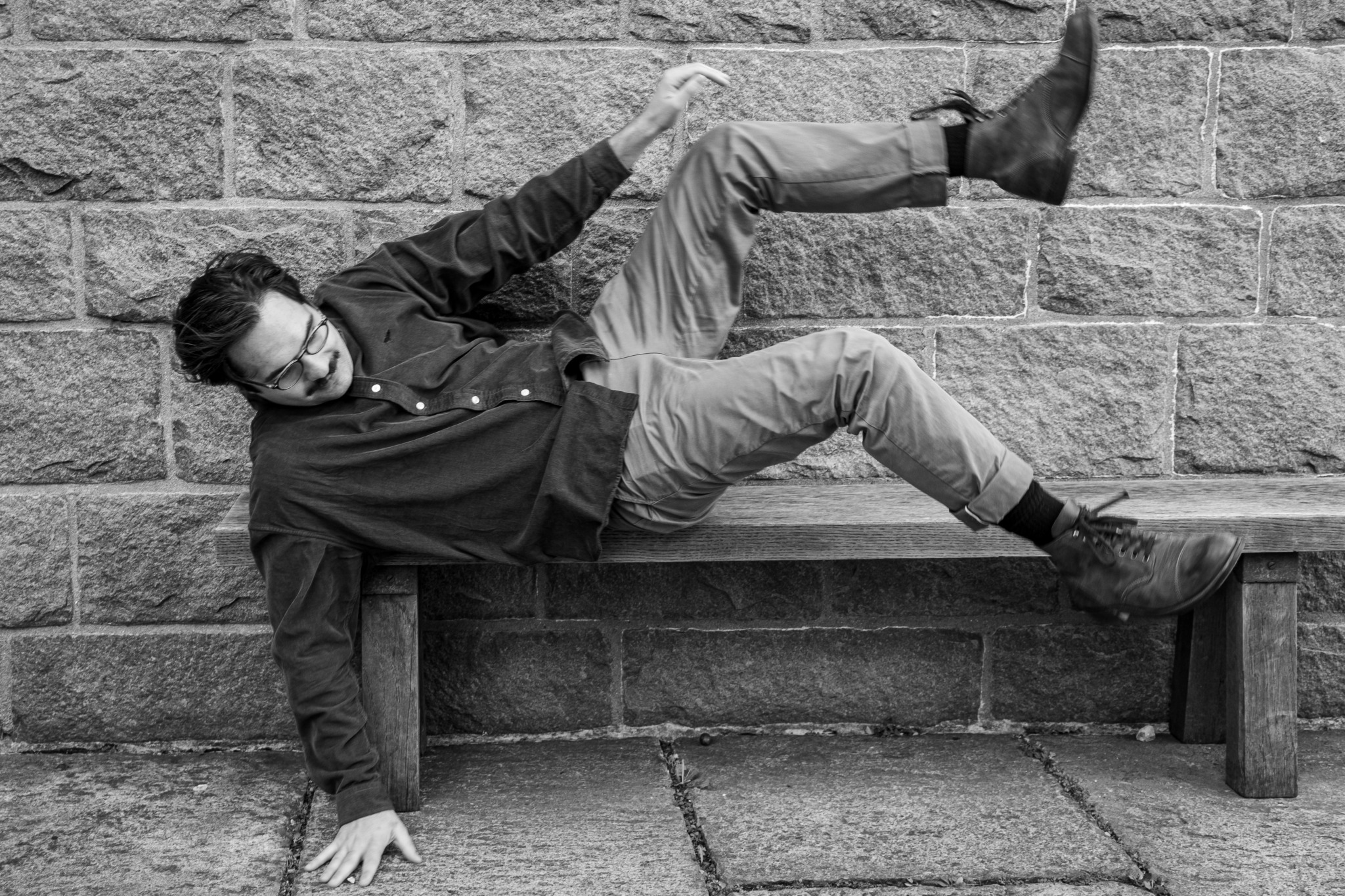We recently connected with Theodore Haber and have shared our conversation below.
Hi Theodore, thanks for joining us today. Can you talk to us about how you learned to do what you do?
I began taking music lessons when I was very young, learning Ukulele and then the Violin. Craft in those contexts revolved around learning other music and perfecting the technical approach to this music. As I got older and my interests changed craft became the creation of unique boundaries for exploring sound. Instead of practicing Bach I would restrict myself to two pitches and see how far on the violin I could take that, or I would turn my bow around and try to make sound that way. My craft became more exploratory. I likely would not have adopted this attitude without having the freedom to imagine the instrument differently. I was very fortunate to have teachers who encourages that kind of exploration. The biggest obstacle I encountered were for sure my own belief in myself. Especially creating boundaries I had to trust my own process.
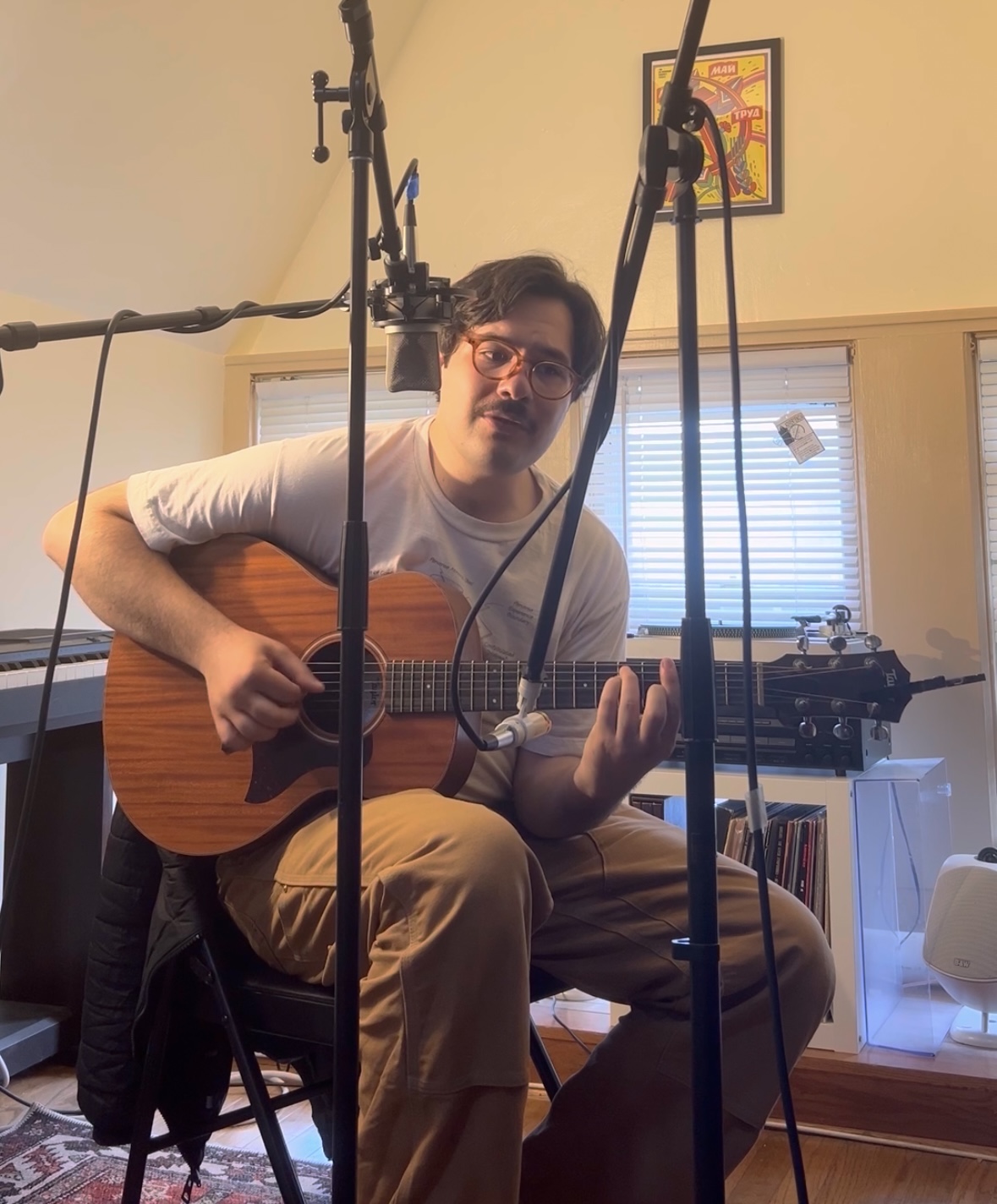
Theodore, love having you share your insights with us. Before we ask you more questions, maybe you can take a moment to introduce yourself to our readers who might have missed our earlier conversations?
I create and experiment with sound. I have always been drawn to sound and music. When I was young my parents got me a small guitar which I carried with me everywhere. Before I even knew what chords were I would strum along to every song I heard with the open strings of the instrument. I learned violin when I was a little bit older. Most of my violin practice was experimentation. I keep that spirit of experimentation in my music now. Recently that interest has involved experimentation with acoustic space. I am working on an installation piece that takes samples of old instruments that are normally unplayable and allows them to ‘play’ in a room together. I place speakers close to the individual instruments and play music I created using the recordings I took. I recently released a record that came together while casually playing instruments in my living room. I would sit down and allow for my intuition to lead me towards something, I would set up a mic, and capture whatever that was. Additionally I incorporated a plastic pipe organ I built that sits in the corners of my living room. This combined with field recordings and instrumentals creates a record that feels uniquely tied to my living space.
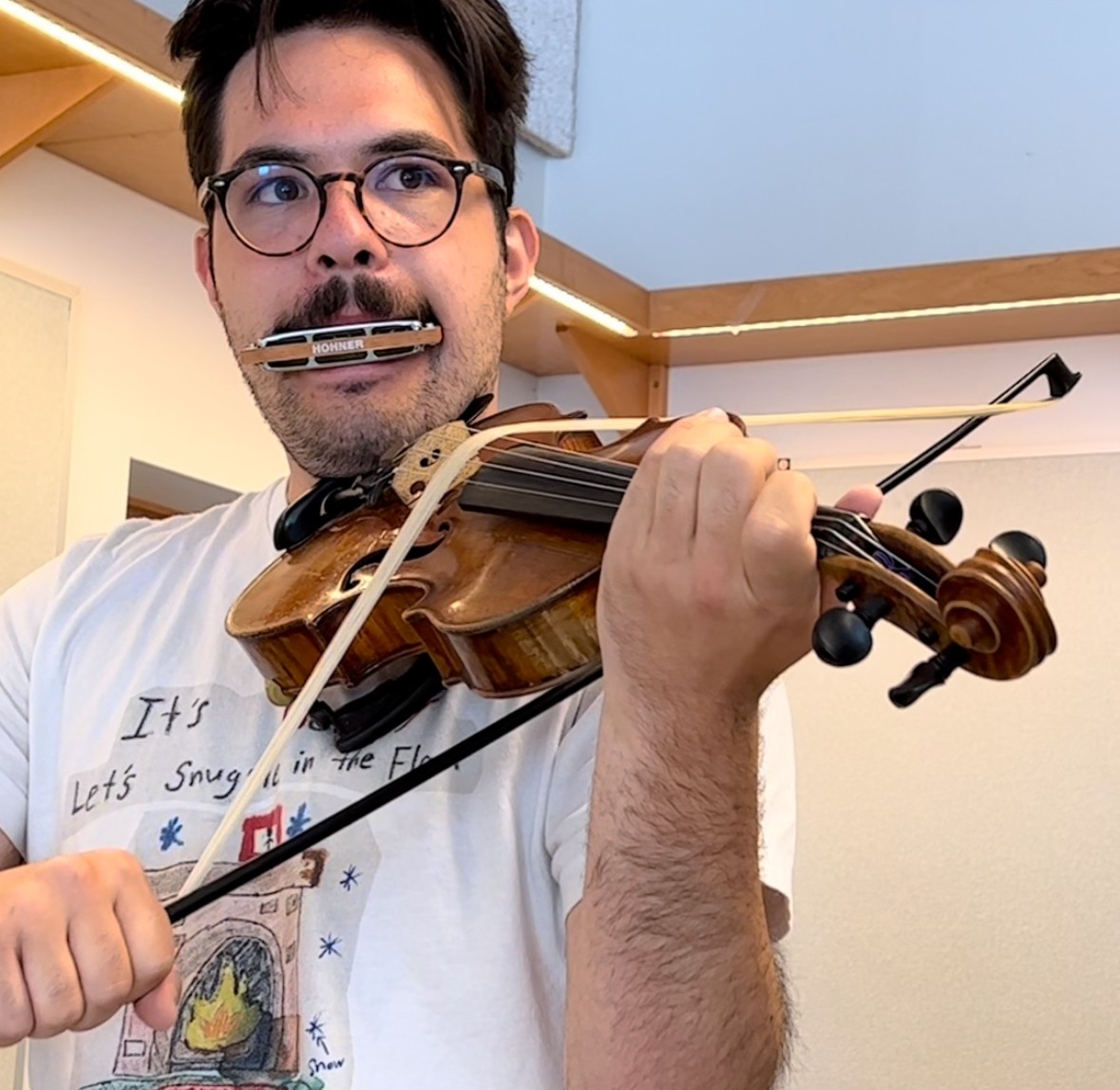
Is there mission driving your creative journey?
When I was a toddler my creative journey was kickstarted by the impulse to play a small guitar that my parents got for me. My younger sister and I were singing 24/7, so occasionally my dad grabbed a microphone and recorded hours’ worth of songs we loved and made up and burned us our own CDs. When I got older, external influences, other people’s idea of success, popularity, teacher approval drew my attention away from exploration. As a result I found the creative process to be tedious and stressful. I watched many of my peers grow to dislike their own music and realized that if I wanted to lead a creative life I would have to reconnect with why I loved making music in the first place.
Now my musical practice is centered around the joy of experimenting with sound and exploring the outside world via the way sound exists around me. In an effort to reconnect with the joy that came from spontaneous recording sessions in my youth, I have a small studio set up that I use to capture ideas as they arise. One of the best ways I’ve found I can make room for that spontaneity in my life is by working across disciplines and collaborating with artists of diverse musical backgrounds.
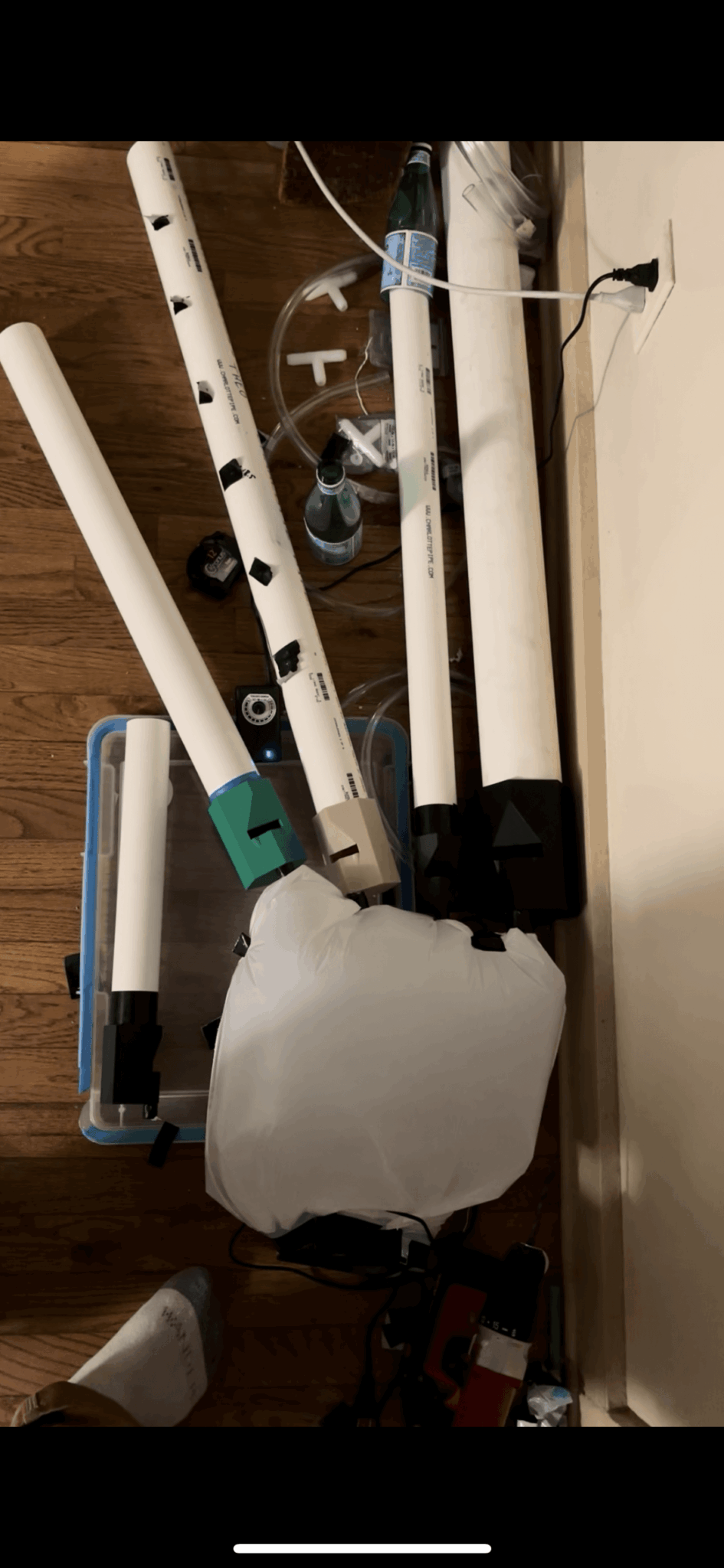
Are there any books, videos, essays or other resources that have significantly impacted your management and entrepreneurial thinking and philosophy?
In college I started learning to make ceramics on the pottery wheel. Starting something new was a rewarding contrast to musical practice I had been developing for my entire life. When working with clay at all stages, there is the potential for the piece to break. Even after 10 years using your favorite mug, one rogue elbow could cause a catastrophe. When composing, the process of notating can feel permanent and precious, but through pottery I became much more fluid. I realized that the act of creating the ceramics was equally (and often more) satisfying than reveling in the finished product. Any time spent “failing” to make a teapot was necessary to learn how to improve. A day spent composing followed by a day of rewriting it only results in improvement and a deeper connection with my art.
Contact Info:
- Website: https://www.theodorehaber.com/
- Instagram: theohaberbiehoit
- Youtube: https://www.youtube.com/@theodorehaber
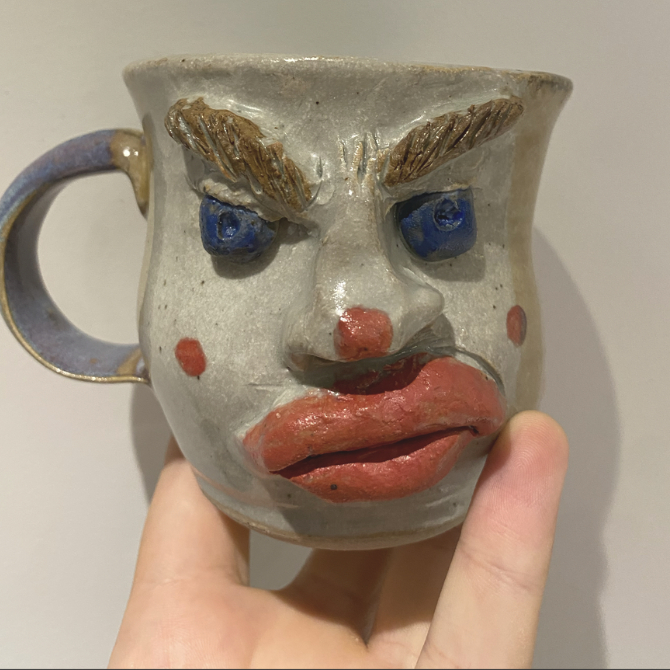
Image Credits
headshot by Shaleah Feinstein


